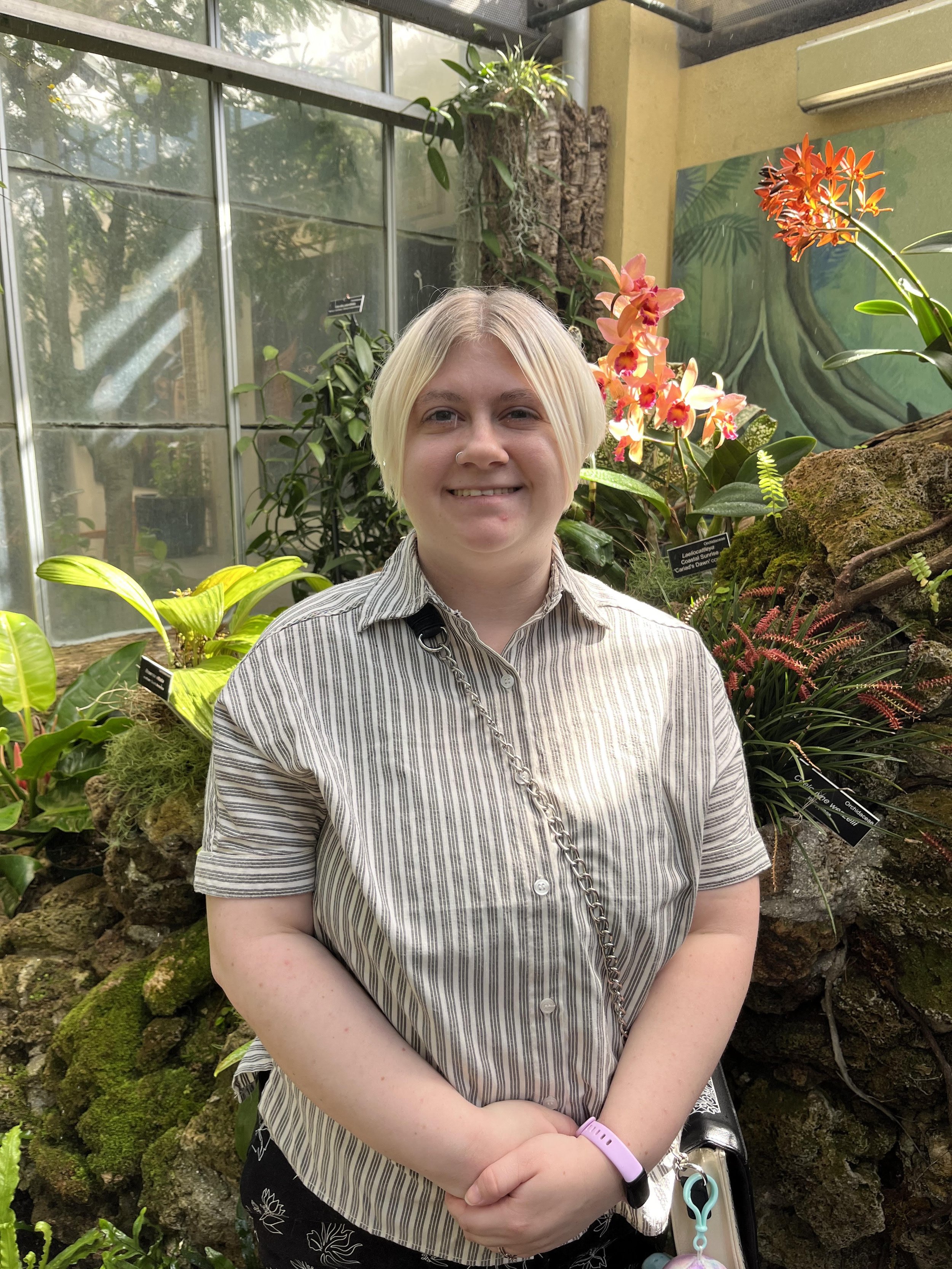POCD: Postpartum OCD
Myths vs Facts
By: Ollie Knight
What is POCD?
Postpartum OCD (Obsessive Compulsive Disorder) is similar to OCD that occurs at other times, although there are a few distinctions. Postpartum OCD begins after childbirth, and tends to have a more rapid onset. It also focuses on the infant as well as parenthood as a whole. Parents who already have OCD are at an increased risk of developing POCD. Like the name suggests, OCD consists of obsessions: excessive intrusive thoughts, which then leads to compulsions: repetitive behaviors, that can be both physical and mental. The compulsions are meant to soothe the anxiety induced by the obsessions, but compulsions only lead to more obsessions, and the cycle continues.
A few examples of how POCD may look:
Intrusive thoughts about dropping the baby, which lead to avoidance to the point of refusing to hold the baby, thinking that if you don't hold the baby, they won't be dropped. This then can confirm your fear that you shouldn’t hold the baby, bringing back your intrusive thoughts. It can also have a magical thinking element to it. Intrusive thoughts that your baby will get severely ill, but if you always nurse them on your left side for exactly seven minutes, and on your right side for exactly eight minutes, they will be okay. Sometimes the intrusive thoughts are more vague, such as a general feeling of failing as a parent, but if you mentally review your actions over the course of the week, and find good moments, you can then “neutralize” the bad thoughts with the good thoughts. POCD often feels like you are stuck in a never ending loop.
There are so many myths surrounding POCD, as it is a very misunderstood mental illness.
Myth 1:
Individuals with POCD want to and/or are likely to act out their intrusive thoughts.
Fact:
Obsessions are ego-dystonic, meaning they attack your values and what you care about (such as your baby). They are not congruent with your wants and desires. You complete compulsions to make absolute certain that the obsessions won’t come true.
Myth 2:
It is helpful to assure the parent with POCD that they are fine and that nothing bad will happen to their infant.
Fact:
While this seems nice in theory, and will relieve their anxiety in the short term, this is detrimental to their recovery from POCD. POCD thrives on the need to be certain, so recovery means you need to be okay with uncertainty.
Myth 3:
There are not many treatment options for POCD, and you have to deal with POCD alone.
Fact:
There are many treatment options, including: Cognitive Behavioral Therapy (CBT), Exposure and Response Prevention (ERP), as well as several medications (usually, but not always SSRIs). A combination of therapy and medication is considered the gold standard of treatment for POCD. Most medications are safe for use while nursing, but check with your doctor, as well as an IBCLC, who can guide you to evidence based resources. A risk vs benefit approach should be taken. Around 2% of postpartum parents develop POCD, and the support of your loved ones (as well as a postpartum doula) is invaluable to your recovery.
Final Thoughts
Early recognition of POCD is key, so you can get the help you need. Intrusive thoughts can feel humiliating to share, as they can be disturbing, violent, or even sexual. This is often a barrier for parents who want to seek help. Remember that again, your intrusive thoughts are ego-dystonic, unwanted, and nothing to be ashamed of.
Ollie Knight is a postpartum doula and certified lactation counsellor from Severna Park, Maryland. They developed OCD in early childhood and have long been an outspoken advocate for destigmatizing mental illness.



